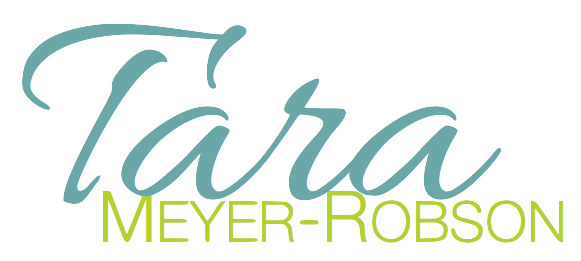
7 Life Experiences You Will Definitely Have if You are an Empath
Being an empath means that you will often feel quite different from everyone you know. The good news is that there are more empaths than you might think, AND that we all have a lot in common — including these 7 life experiences:

The 5 Worst Places for an Empath - and How to Survive Them All
Did you know that some everyday places can be a war zone for an Empath? It's true. When you are super-sensitive to all the subtle changes in an environment and are also a sponge for people's emotions, some very normal places can become overwhelming. Here are five:

Feel on the Verge of Outrage Fatigue? 5 Simple Strategies to Stop from Burning Out
It’s almost impossible to turn on your TV, computer, or phone without being bombarded with more bad news.
With one cause after another needing (and deserving) help, and one tragedy after another creating a sense of outrage in our hearts, compassionate people run the very real risk of experiencing “outrage fatigue.” At it’s essence, outrage fatigue causes caring people to become so overwhelmed and exhausted by the awfulness of it all that we hide away, shutting down from everything as a survival instinct to a heart that cannot take anymore hurting.

5 Ridiculous Myths About Being an Empath
Like any group of people, stereotypes and myths abound about Empaths. Because of these myths, I get many questions from unaware Empaths who don't believe in there sensitive nature because they don't fit into these stereotypes.
Common questions are:
- I think I might be an Empath, but I'm not an introvert. Does that mean I'm not one?
- I've heard Empaths are generally depressed. I'm highly sensitive but also super happy; I guess I'm not one then?
- I'm very logical, but I hear that most Empaths are more creative. Is that true?
Unfortunately, if you think you're an Empath but do not fit into these stereotypes, you might not seek the help you need to understand and protect this important aspect of you. When you don't know how to turn it on and off, you can run out of energy pretty quickly. Suddenly, you end up super exhausted and unable to keep doing the good you want to do in the world.
Let's just go ahead and keep that from happening, okay?
